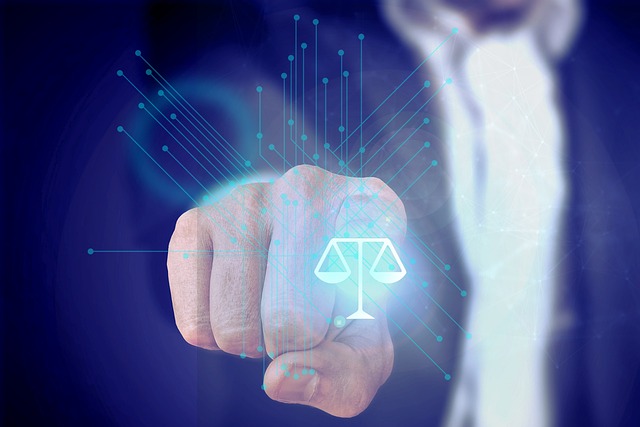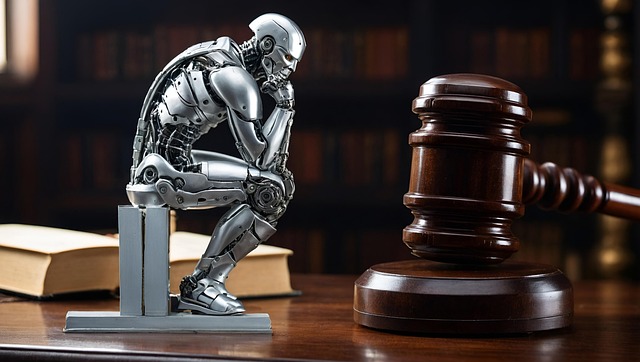Consumer protection laws safeguard individuals from unfair business practices, covering contracts, product safety, advertising, and privacy. Breach of contract cases in civil law involve scenarios like defective product delivery or service disruptions, with potential for financial compensation and legal precedents. Understanding these Breach of Contract Case Examples in Civil Law is crucial for both consumers and businesses to foster trust, protect rights, and navigate white-collar crime sectors.
“In today’s complex legal landscape, understanding consumer protection suits is paramount. This comprehensive guide delves into the intricacies of consumer rights and obligations, with a focus on breach of contract scenarios under civil law. We explore common instances where contracts are violated, providing real-world case studies that illustrate key principles. Furthermore, we navigate the legal remedies available to consumers, offering practical insights for those involved in breach of contract cases.”
- Understanding Consumer Protection Laws
- Common Breach of Contract Scenarios
- Case Studies: Real-World Examples
- Navigating Legal Remedies for Consumers
Understanding Consumer Protection Laws
Consumer protection laws are designed to safeguard individuals from unfair business practices and ensure a level playing field in transactions. These laws cover various aspects of consumer interactions, including contracts, product safety, advertising, and privacy. Understanding these regulations is paramount for both consumers and businesses, as it helps foster trust and transparency in the marketplace. By knowing their rights and responsibilities, consumers can take proactive measures to protect themselves from potential harm or fraud.
Breach of contract cases, for instance, under civil law, are common examples where consumers assert their rights against companies. These instances arise when a business fails to fulfill its contractual obligations, such as delivering goods or services as promised. Philanthropic and political communities often advocate for stringent consumer protection measures, believing it enhances economic fairness. Moreover, the outcome of such cases can result in complete dismissal of all charges if the business can demonstrate genuine effort towards rectifying the breach, underscoring the importance of proactive compliance with consumer protection laws.
Common Breach of Contract Scenarios
In civil law, breach of contract scenarios are multifaceted, often involving a wide range of agreements between consumers and businesses. Common examples include failure to deliver goods as promised, providing services below agreed-upon standards, or misrepresenting product quality. For instance, a consumer orders a specialized gadget from an online retailer, but the delivered item is defective and does not function as advertised, constituting a clear breach of contract. Another case could be when a service provider, such as a telecommunications company, fails to fulfill their contractual obligation of providing continuous service, leading to significant disruptions for the consumer.
These disputes often progress through all stages of the investigative and enforcement process, from initial negotiations and mediation to arbitration or jury trials. In the context of white-collar and economic crimes, breach of contract cases are not merely about financial loss but also serve as a deterrent, showcasing the legal system’s ability to hold parties accountable for their contractual commitments. The impact extends beyond monetary compensation, setting precedents for future agreements and protecting consumers’ rights in civil law.
Case Studies: Real-World Examples
In the realm of consumer protection suits, case studies serve as powerful tools to illustrate real-world scenarios where legal principles come into play. These examples are particularly relevant in civil law jurisdictions, offering valuable insights into how breaches of contract can be addressed and resolved. For instance, consider a breach of contract case involving a retailer and a customer. The retailer may have failed to deliver the promised goods, leading to financial loss and inconvenience for the consumer. Such scenarios often find their way into legal precedents, shaping future interpretations of contractual obligations.
These case examples not only highlight the rights of consumers but also showcase the role of the general criminal defense in protecting individuals from unfair practices. Through successful litigation, consumers can achieve extraordinary results, holding businesses accountable and ensuring compliance with contractual commitments. This process is crucial for maintaining trust within the philanthropic and political communities, fostering a transparent business environment where contracts are honored.
Navigating Legal Remedies for Consumers
When consumers face instances of inadequate product quality, misleading marketing, or unfair business practices, they possess a range of legal remedies available to them under civil law. Navigating these options can be intricate, especially in complex cases involving breach of contract. For his clients, understanding the nuances of consumer protection laws is crucial for seeking justice and fair compensation. Civil law provides a framework where consumers can assert their rights and hold businesses accountable through lawsuits.
Breach of contract case examples in civil law highlight situations where companies fail to fulfill their contractual obligations, leading to financial or physical harm for consumers. These cases range from defective products causing injuries to false advertising that misleads purchasing decisions. By examining these scenarios, individuals can gain insights into the potential outcomes and settlements, empowering them to make informed choices when pursuing legal action against businesses involved in white-collar and economic crimes, ultimately avoiding indictment in severe cases.
Consumer protection suits are a vital tool in ensuring businesses uphold their obligations to customers. By understanding consumer protection laws and navigating the available legal remedies, individuals can protect themselves against breaches of contract and other unethical practices. The case studies presented here serve as compelling examples of real-world scenarios, demonstrating the importance of knowledge and enforcement in civil law. Through these insights, consumers can better equip themselves to assert their rights and hold businesses accountable for their actions.






